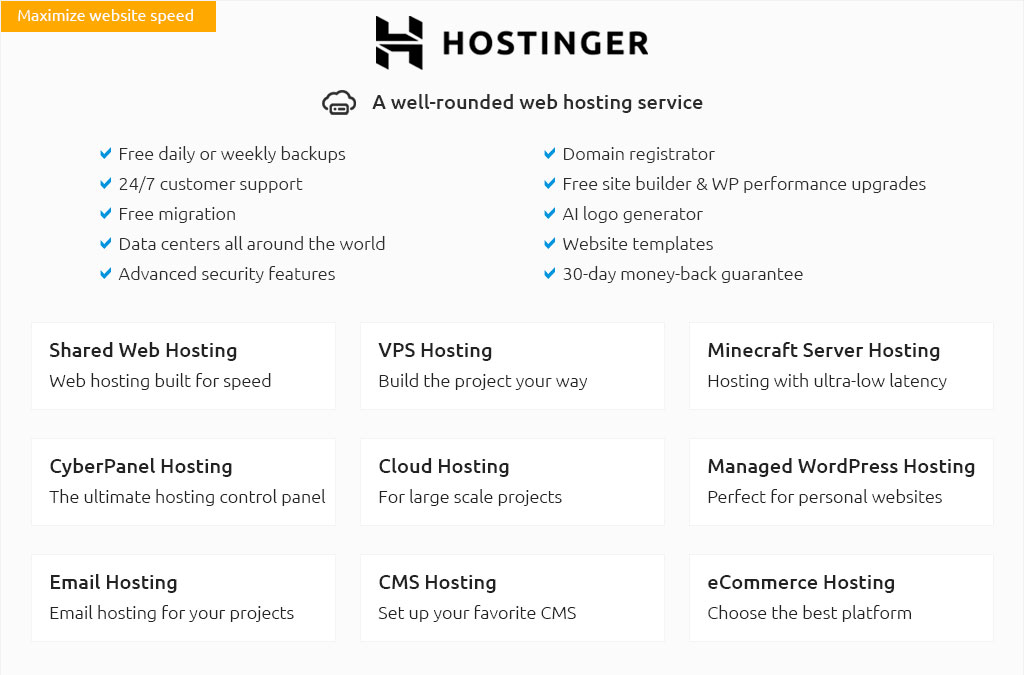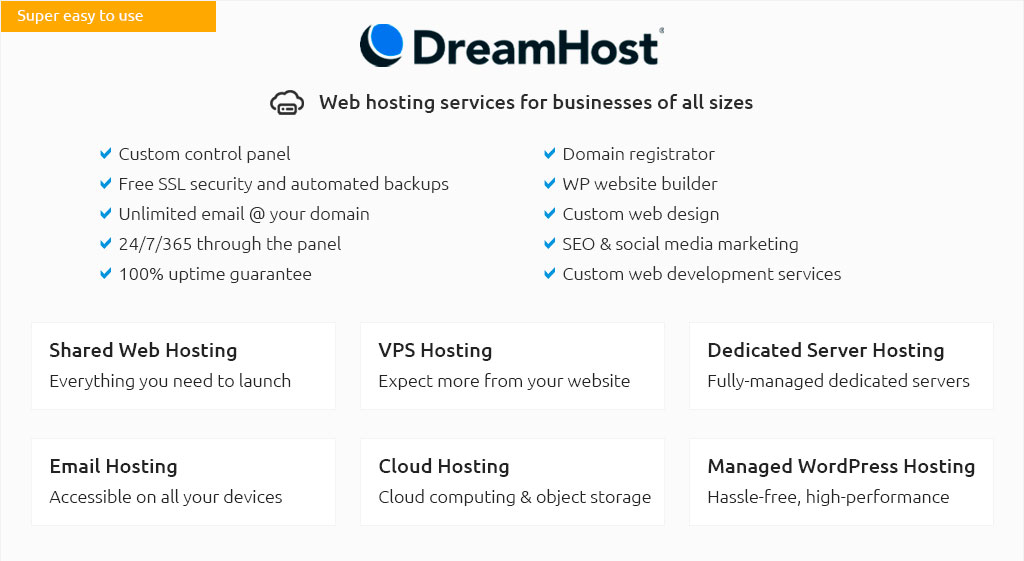 |
|||
 |
 |
 |
|
 |
|
 |
 |
 |
|||
 |
|||
 |
|||
 |
|||
 |
|||
 |
|||
 |
 |
Best Website Hosting Provider: A Comprehensive Guide to Choosing the Right ServiceFinding the best website hosting provider can be daunting, especially with so many options available. This guide explores some of the top choices and provides insights into selecting the most suitable service for your needs. Understanding Your Hosting NeedsBefore you start comparing providers, it’s essential to understand your specific hosting needs. These include the type of website you’re building, expected traffic levels, and any special features you might require. Types of HostingWebsite hosting comes in various forms, each suited to different needs. Here are some common types:
Comparing Popular ProvidersSeveral hosting providers stand out for their features, reliability, and customer support. Here’s a look at some of the top contenders: BluehostKnown for its excellent customer service and robust features, Bluehost offers various hosting plans to cater to different needs. Its user-friendly interface makes it a popular choice among beginners. HostGatorHostGator is renowned for its affordable plans and comprehensive tools, making it suitable for both beginners and experienced webmasters. It's particularly favored for static page hosting. SiteGroundSiteGround stands out for its top-notch security features and high performance. It’s an excellent option for eCommerce sites and large businesses looking for reliable service. Factors to Consider When Choosing a ProviderWhen selecting a hosting provider, consider these key factors:
Additionally, if you're focused on small business growth, exploring specialized options like hosting for small business might be beneficial. Frequently Asked QuestionsWhat is the difference between shared and VPS hosting?Shared hosting involves multiple websites sharing the same server resources, which can be limiting. VPS hosting, however, provides a virtual server with dedicated resources, offering more control and better performance. How important is customer support in choosing a hosting provider?Customer support is crucial, as it ensures that any technical issues you encounter are addressed quickly and efficiently, minimizing downtime and maintaining your website's functionality. Can I switch hosting providers easily?Yes, most hosting providers offer migration services to help you transfer your website from one host to another with minimal downtime and hassle. https://talk.plesk.com/threads/what-is-the-best-domain-and-hosting-provider.365346/
I have found that Devrims is the best choice for hosting. The main reason is that Devrims is reliable. Also, it provides you with an easy to use ... https://en.wikipedia.org/wiki/Web_hosting_service
a good SLA will clearly state how uptime is defined and what you'll ... https://www.sitepoint.com/community/t/what-is-the-best-hosting-for-website/98955
JustHost is considered the top web hosting provider today because there's hardly anything negative about their service. It simplifies the ...
|